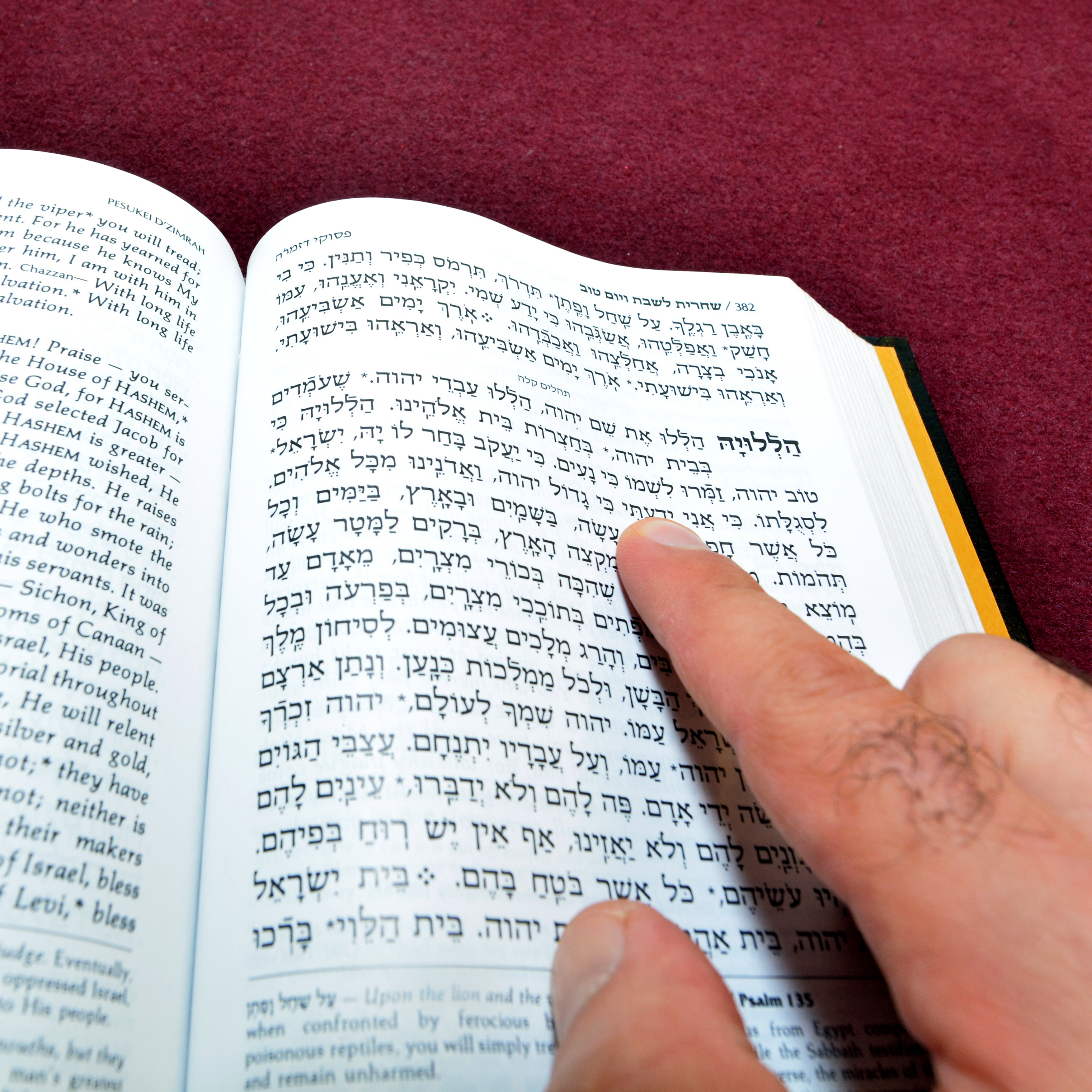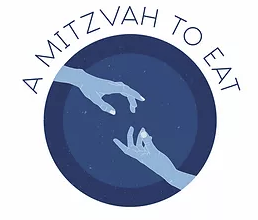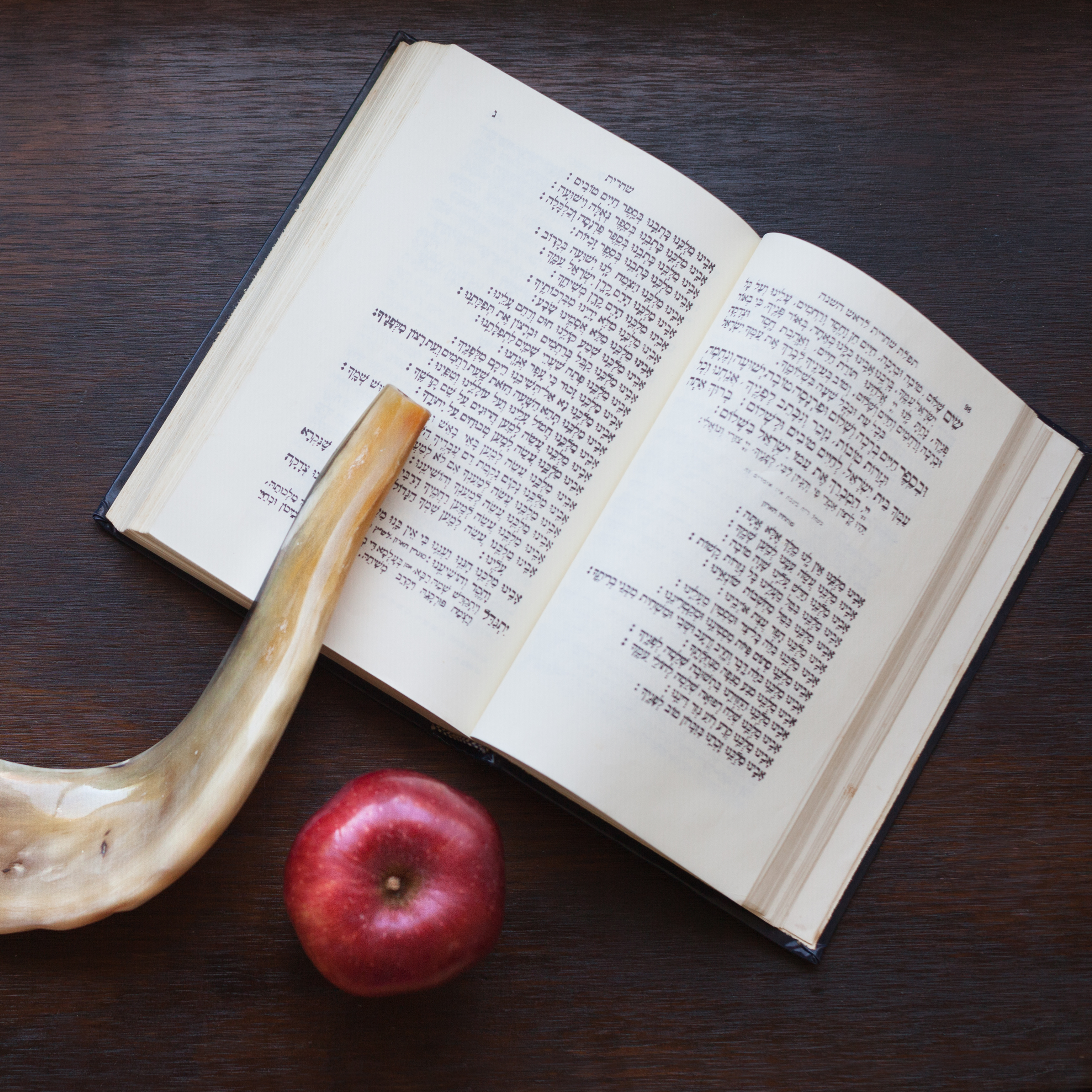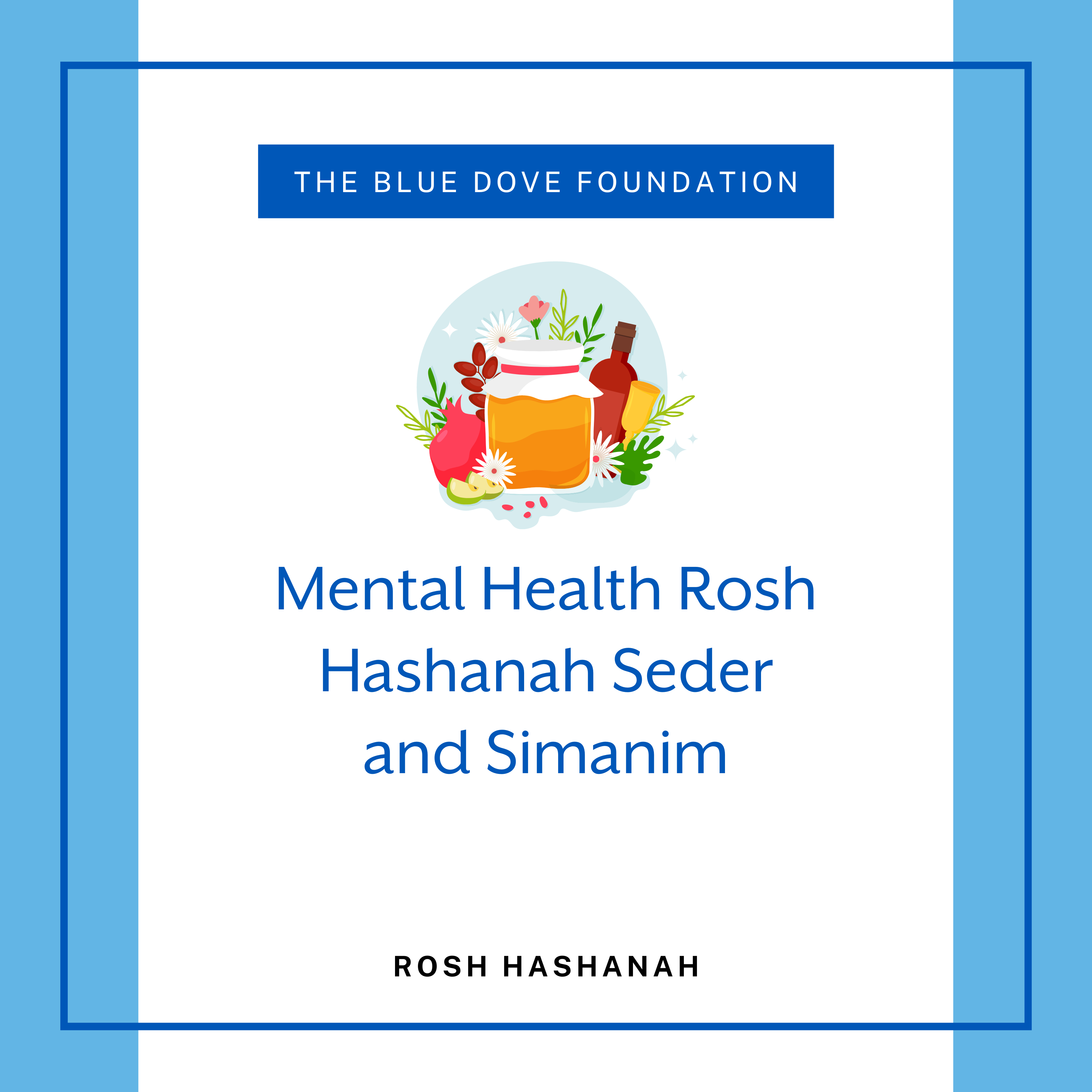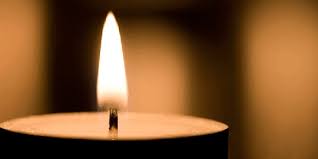A collection of essays about forgiveness by The Mayo Clinic, Rabbi Eli Mallon, and Forgiving, According to Rabbi Twerski.

With last year in the rearview mirror, and (we hope) a brighter new year on the horizon, we can see the impact of mental health on our lives more and more. As the new year begins, let us reaffirm our commitment to mental health and wellness for both ourselves and our communities.
A conversation on mental health can bring forth powerful connections with the potential to save someone’s life. To help start people talking, we created these resources for individuals to reflect upon and improve their own mental health as well as to contribute to the mental wellness of the entire Jewish community as we look forward to a sweet new year.
Rosh Hashanah is a powerful and transformative holiday, from the inspirational and poetic prayers we recite to the powerful and incisive blast of the shofar. This experience, however, cannot be fully embraced in a safe and healthy way without preparation, and for that, we have the month of Elul preceding the High Holidays. We encourage you to take this month to fully embrace and engage with your past with courage. It is only by building better selves that we can build a better world.
Yom Kippur, the day of atonement, can be a challenging subject for a lot of people. For some, it is a chance to make resolutions, accept the past, and commit to a better future. But for those struggling with mental illness, this process of self-criticism and introspection can be devastating to their mental health. Therefore, we all must do our best to cultivate self-acceptance and, above all, self-forgiveness, in a healthy and collected manner.
Use our Partner Marketing Toolkit, a simple-to-use Toolkit with sample copy for social media posts and newsletters links to download images and more. Click to download.


